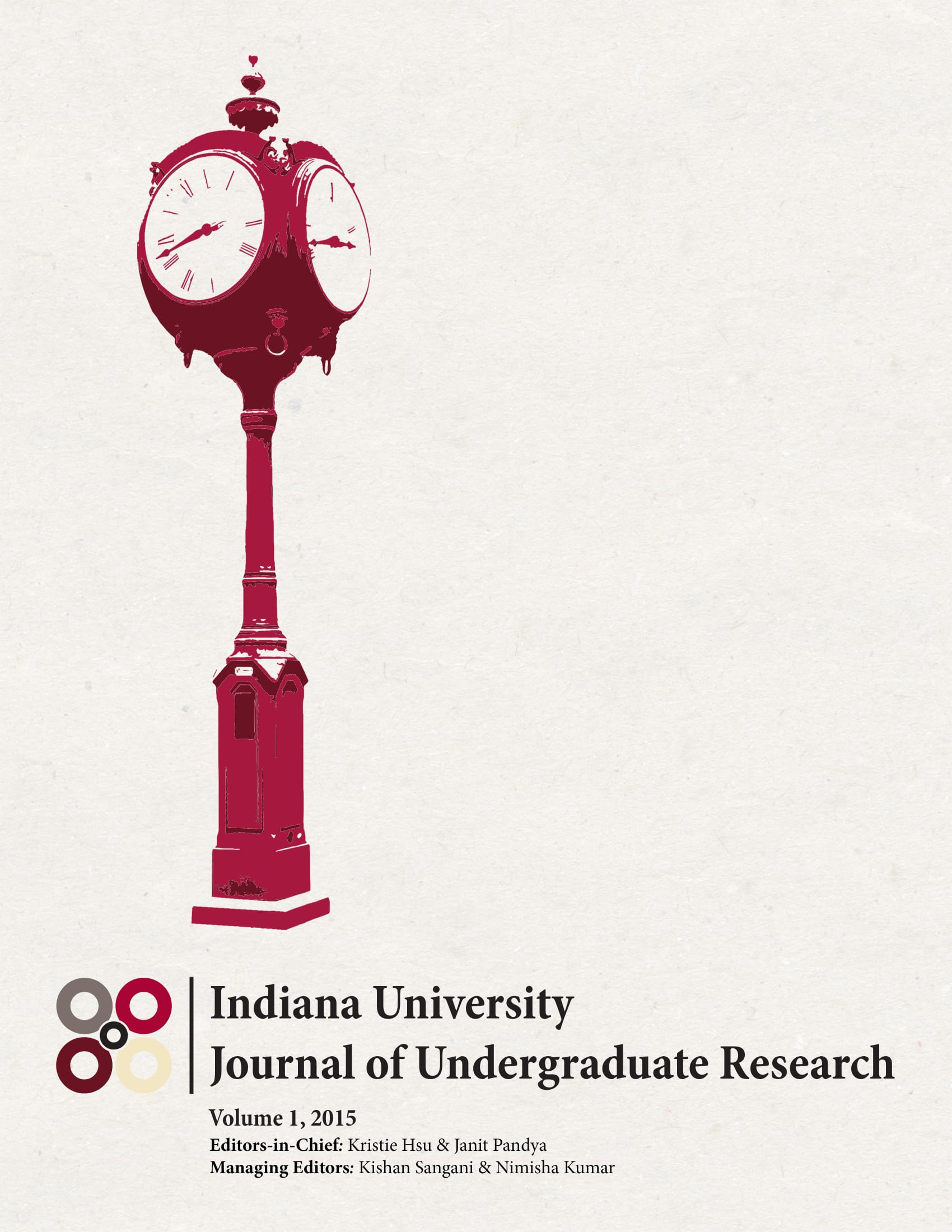The Experience of Completing an Undergraduate Nursing Honors Research Project on the First Professional Nursing Position
Main Article Content
Abstract
Undergraduate research experiences have become a hallmark of excellence in degree programs in the science, technology, engineering and math fields, with indications that these experiences lay important groundwork for graduate education and practice in the field. In nursing, several schools offer undergraduate nursing research experiences, though there is scant research related to outcomes among nurses at the baccalaureate level. Since evidence-based practice (EBP) is becoming increasingly important in health care, the use of research-related skill sets has become more critical for practicing nurses. The benefits of undergraduate research experience have been inadequately studied and there have been no nursing studies on the impact of undergraduate nursing research experience on the practicing registered nurse. At a research intensive public university, a robust honors program exposes students to research throughout the baccalaureate degree, with student engagement in every step of the research process alongside faculty research mentors. The purpose of this study was to qualitatively explore the experiences and outcomes of participation in a significant undergraduate research project on the first few years of nursing practice as an RN. Data analysis was conducted using an open coding method to analyze the responses of the participants and aid in the process of identifying major themes that express the phenomenon. Through this approach a descriptive analysis of the experience of completing an undergraduate research project was completed, including the impact on the nursing practice and development of the participants in their early careers. The results suggest that extensive exposure to research in undergraduate schooling increases the level of self-confidence in the first nursing position. Participants also felt that they stood out from their peers. Other benefits include expanding knowledge regarding the research process, improving writing and public speaking skills, and advancing personal and professional development.
Downloads
Article Details
Authors who publish with this journal agree to the following terms:
- Ownership of the copyright shall remain with the Author, subject to IUJUR’s use and the rights granted by the Creative Commons license assigned by the Author. A Creative Commons Attribution-NonCommercial 4.0 International (CC BY-NC 4.0) license will be applied to the published work unless otherwise indicated in the Student Author Contract. The CC BY-NC 4.0 license (https://creativecommons.org/licenses/by-nc/4.0/) lets others remix, tweak, and build upon the published Work non-commercially, and although the new works must also acknowledge the original IUJUR publication and be noncommercial, they don’t have to license their derivative works on the same terms.Authors are able to enter into separate, additional contractual arrangements for the non-exclusive distribution of the journal's published version of the work (e.g., post it to an institutional repository or publish it in a book), with an acknowledgement of its initial publication in this journal.
- Authors are permitted and encouraged to post their work online (e.g., in institutional repositories or on their website) prior to and during the submission process, as it can lead to productive exchanges, as well as earlier and greater citation of published work (See The Effect of Open Access).
References
American Association of Colleges of Nursing (2012). New AACN data show an enrollment surge in baccalaureate and graduate programs amid calls for more highly educated nurses. Retrieved from http://www.aan.nche.edu/news/articles/2012/enrollment-data
Bureau of Labor Statistics, U.S. Department of Labor (2012). Occupational outlook handbook: Registered nurses. Retrieved from http://www.bls.gov/ooh/healthcare/registered-nurses.htm
Carpenter, D. R. & Streubert, H. J. (2011). Qualitative research in nursing: Advancing the humanistic imperative. Philadelphia, PA: Lippincott Williams & Wilkins.
Inouye, J. (1995). A research development program for minority honors students. Journal of Nursing Education, 34(6), 268-271.
Institute of Medicine. (2011). The future of nursing: Leading change, advancing health. Washington, DC: The National Academies Press.
Lopatto D. (2003). The essential features of undergraduate research. Council on Undergraduate Research Quarterly, 24(1), 39-142.
Lopatto, D. (2004). Survey of undergraduate research experiences (SURE): First findings. Cell Biology Education, 3(4), 270-277. doi: 10.1187/cbe.04-07-0045
Lopatto, D. (2007). Undergraduate research experiences support science career decisions and active learning. CBE - Life Sciences Education, 6(4), 297-306. doi: 10.1187/cbe.07-06-0039
Seymour, E., Hunter, A., Laursen, S. L., & Deantoni, T. (2004). Establishing the benefits of research experiences for undergraduates in the sciences: First findings from a three-year study. Science Education, 88(4), 493-534. doi:10.1002/sce.10131
Stanford, D., & Shattell, M. (2010). Using an honors program to engage undergraduate students in research. Nursing Education Perspectives, 31(5), 325-326. doi: 10.1043/1536-5026-31.5.325
Vessey, J., & DeMarco, R. (2008). The Undergraduate Research Fellows Program: A unique model to promote engagement in research. Journal of Professional Nursing, 24(6), 358-363. doi: 10.1016/j.profnurs.2008.06.003
Youngblut, J. M., & Brooten, D. (2001). Evidence-based nursing practice: Why is it important?. AACN Advanced Critical Care, 12(4), 468-476. doi: 10.1097/00044067-200111000-00003

